August 2016
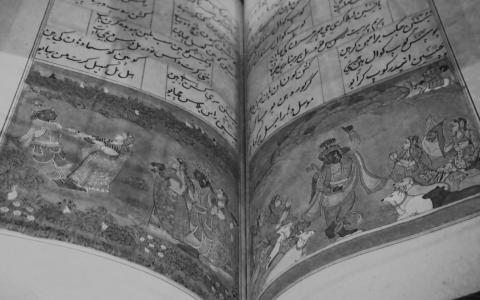
After briefly referring to some commentators on the Gita—including Shankara, Ramanuja, Jnaneshvar, Tilak, Aurobindo, and Gandhi—Kosambi again raises the question as to how the same text could appeal to different people in different ways. He concludes his rant with these ridiculous lines:
“What common need did these outstanding thinkers have that was at the same time not felt by ordinary people, even of their own class? They all belonged to the...

4
It appears the concept of rta is multifold:
System or Order in the Universe
अवश्यम्बावी (Sure things, such as action and result, debtor and creditor relationship.) Where there are roots, sprouts are bound to be there, in cycle of deeds the good and bad results are inescapable.
Development of Human Nature. In every human being or living thing there are some hidden characteristics. That becomes his nature. This nature is eternal. This...

Subramanya 'Bharathi' (1882-1921) or 'Mahakavi Bharathiar' was among the foremost of modern Tamil poets. He was not only a poet but also a journalist, social activist, and freedom fighter. His poems covered a wide variety of topics and many of them are even sung as classical compositions.
The first poem of Bharathiar that I learnt was one that he wrote during the freedom struggle. It is a stirring poem that exhorts his compatriots to fearlessly...

Those familiar with Sanskrit–even an introductory course is sufficient–are sure to know Bhartrhari mainly via reading several shubashitas (noble sayings in verse form). Indeed, almost every other verse by Bhartrhari is a shubashita.
A king of Ujjain, Bhartrhari was the elder step brother of his more renowned sibling, Vikramaditya. His life presents to us a living account of a person’s transformation from a pleasure-loving emperor who had...
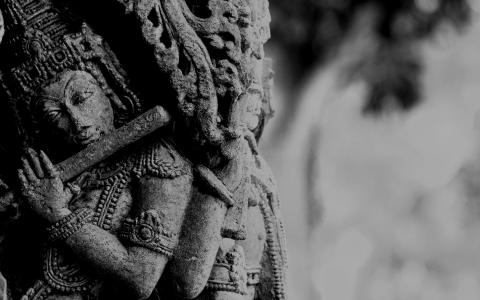
Krishna grew up in Gokula with cowherds and was a true ‘son of the soil.’ From his earliest days, he developed a close connection with nature. He learnt to respect the environment even as a child. There is an episode in the Bhagavata Purana where he paid respect to the great Banyan tree (BP 10.22). He respected a tree, a cow, a human being. He respected the whole of creation. Even when he fought against the great snake Kaliya, Krishna didn’t...
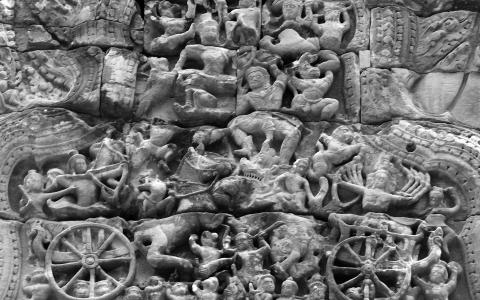
In the राजनीति (politics) and युद्धनीति (warfare) sections of the Atharva Veda, there is a prayer –
“O deities! Ensure that we don’t have any enemies at all. Inspire us to greatness in kshaatra and in prosperity.”
From this we understand how courage was regarded and taught in Vedic times. While performing the पट्टाभिषेक for the king, the purohita says,
“अयं देवानामसुरोऽभिराजति” – “You have the blessings of Indra, the greatest of the devas...
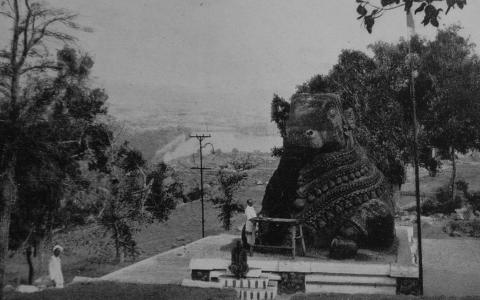
A. R. Krishna Shastri, the great savant of Kannada literature, once took a young boy to meet D. V. Gundappa (DVG). The boy, by then, had some articles to his credit. He had even taken a copy of his book for DVG’s perusal. DVG quietly glanced through it, and a whirlwind of questions followed. In order to answer those penetrating questions, the boy had to exhibit his hard-earned, meticulous scholarship. DVG must have been impressed, though there...
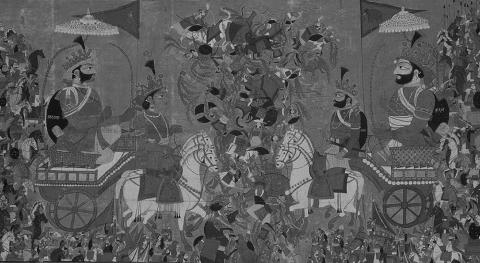
There are a few rare individuals who don’t have a ‘formative age’ – they seem to be born complete. They are born with wisdom. They don’t require an internal evolution, for they are already evolved. They don’t need any enhancements. Krishna is one such person. While Krishna’s childhood antics are described in detail, we don’t know his thought process during his early years. What we can see, however, is that right from the start he was one who...

काले माषं सस्ये मासं वदति शकासं यस्य सकाशम् |
उष्ट्रे लुम्पति षं वा रं वा तस्मै दत्ता विकटनितम्बा ॥
kaale maasham sasye maasam vadati shakaasam yasya sakaasham |
ushtre lumpati sham vaa ram vaa tasmai dattaa vikatanitambaa ||
From time immemorial in India, Kashmir has been the subject of Sarasvati’s choicest, unbridled blessings. Sanskrit, the ‘well-done’ language, has benefitted immensely from the sons and daughters of this land, who have...
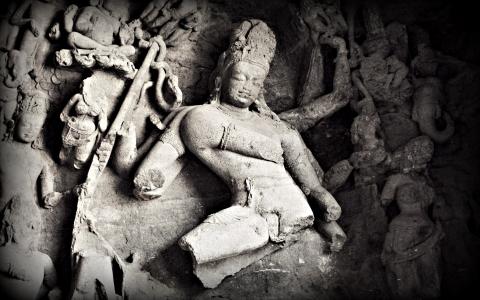
Professor M. Hiriyanna is one of the little-known scholar-giants who gifted us new insights, and corrected thriving misconceptions in Indian philosophy. The title of this post is derived from his 1939 Indian Philosophical Congress lecture bearing the same title.
Hiriyanna's lecture delivers the message of Indian philosophy in the layman’s language both in content and presentation. That is a rare feat given the complexity and abundance of...
